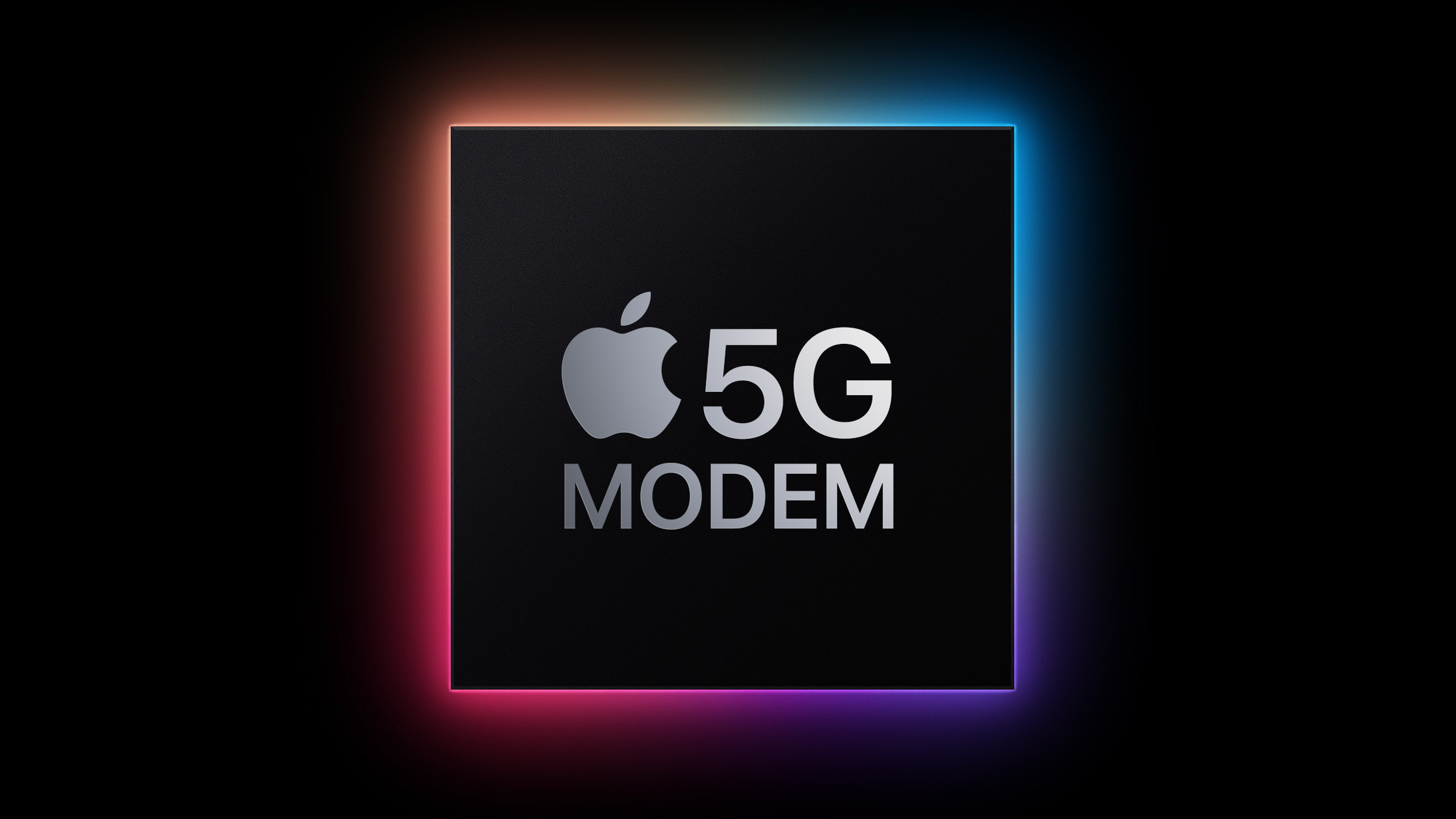![]()
Apple will debut its rumored
custom-designed 5G modem in 2023's iPhone models and the component will not be integrated into the device's A-series chip,
DigiTimes reports.
In
paywalled report published earlier today, sources speaking to
DigiTimes said that 2022 will be the last year when Qualcomm supplies all of the modems in iPhone models. Thereafter, iPhones are expected to begin featuring 5G baseband modem chips designed by Apple itself.
The 5G modem that Apple has developed for its 2023 iPhone models is said to be separate from its A-series chip, tentatively called the "
A17." This stands in contrast to the initial Android devices that are looking to feature custom modems, which reportedly intend to integrate both the cellular processor (CP) and application processor (AP) directly into the device's System on Chip (SoC).
TSMC, the Taiwanese company that currently supplies all of Apple's custom silicon SoCs, is believed to be preparing to supply Apple with its custom-designed 5G baseband modem.
At its investor day earlier this week, Qualcomm said that it expects to supply just
20 percent of Apple's modem chips in 2023, suggesting that Apple will self-supply up to 80 percent of the 5G modem chips required for iPhones starting in 2023.
It is not unreasonable to speculate that the remaining 20 percent supplied by Qualcomm will be in older or entry-level devices in the 2023 iPhone lineup. On the other hand, the remaining 20 percent could also include devices made for regions where Apple's 5G modem is not supported.
Apple is believed to have kickstarted the work on its own in-house modem chips, with the aim of moving away from Qualcomm, by
acquiring Intel's modem chip business in 2019.
The report lines up with
previous rumors that said that Apple's modem chip will be
ready to launch in 2023.
Article Link:
Apple-Designed 5G Modem to Be Separate From A-Series Chip, Again Rumored to Debut in 2023 iPhones



